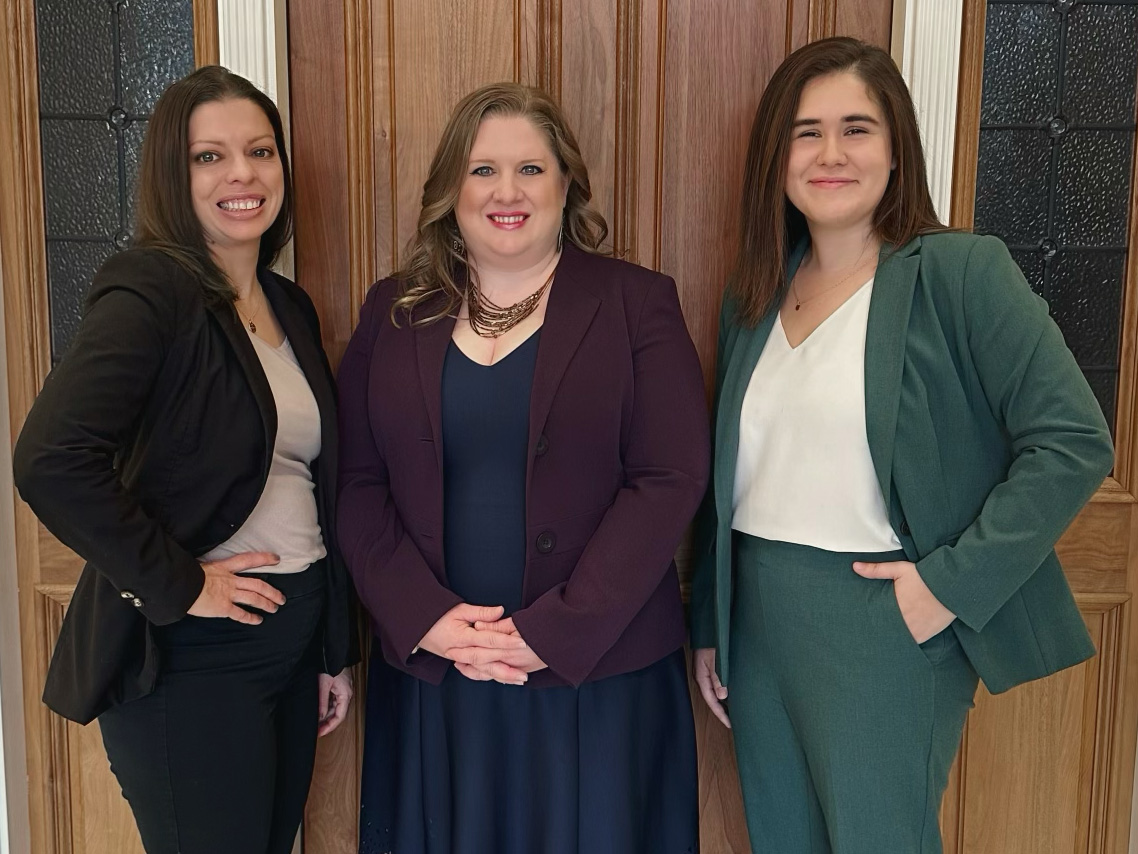Driving While License Revoked (DWLR) is a criminal offense that can carry more consequences for your North Carolina driver’s license than the typical traffic charge. Before disposing of this charge, it is vital to consult with an attorney about the potential consequences based on your unique driving history to ensure that you do not face a further suspension of your driving privileges.
North Carolina Codified Two Types of DWLR Charges:
DWLR Impaired Revocation (N.C.G.S. § 20-28 (a))
This classification of DWLR is charged when the basis of the revocation is due to a violation of an impaired driving statute. Oftentimes, someone is charged with DWLR Impaired Revocation for driving while their license is suspended for a DWI conviction. This charge holds the most consequences between the two types of DWLR. This charge is classified as a Class 1 misdemeanor, holding a maximum punishment of 120 days in jail. Furthermore, the North Carolina Division of Motor Vehicles will oftentimes revoke the person’s license for an additional period of one year for the first offense, two years for the second offense, and permanently for a third or subsequence offense.
DWLR Not Impaired Revocation (N.C.G.S. § 20-28 (a1))
This classification of DWLR is charged when the basis of the revocation is due to non-impaired driving charges, such as Failure to Appear, Failure to Pay Fines, or accumulating too many drivers’ license points. The length of revocations issued by DMV can also vary. This type of DWLR holds less consequences than its counterpart, as it is now classified as a Class 3 Misdemeanor in North Carolina, holding a maximum punishment of 20 days in jail, which is an uncommon outcome. In most instances, this charge can be dismissed if the underlying issues causing the suspension are fixed. More importantly, this offense is seen as a non-moving violation in the eyes of the North Carolina Division of Motor Vehicles, so there is oftentimes no additional suspension on an individual’s driving privileges.
What To Do When You Are Charged With DWLR In North Carolina
If you are charged with DWLR in North Carolina, you first need to determine which type of DWLR charge you have been accused of. You can do this by looking at the charging document and seeing the statute under which you were cited. If you are cited with N.C.G.S. § 20-28 (a) – DWLR Not Impaired – then you need to review why you are suspended, and start fixing those underlying issues. If you are cited with N.C.G.S. § 20-28 (a1) – DWLR Impaired – you will need to figure out where exactly the suspension is coming from and address these issues with the Assistant District Attorney. Whatever the scenario may be, an experienced attorney will be able to examine your driving record to decipher the issue and discuss with you the process for resolving it.
At Granados Law Group, PLLC, we come across a multitude of scenarios that are causing an individual the loss of their driving privileges. Oftentimes, the path to getting them back on the road is complex and involves extensive knowledge of the law and legal practices. That is why it is incredibly important that an individual seeks the assistance of an experienced criminal defense attorney to help them navigate the process. Selecting the right attorney can not only be more cost-efficient, but also get you back on the road faster. Please call our firm today to discuss with one of our many attorneys what we can do to get you back on the road legally.
